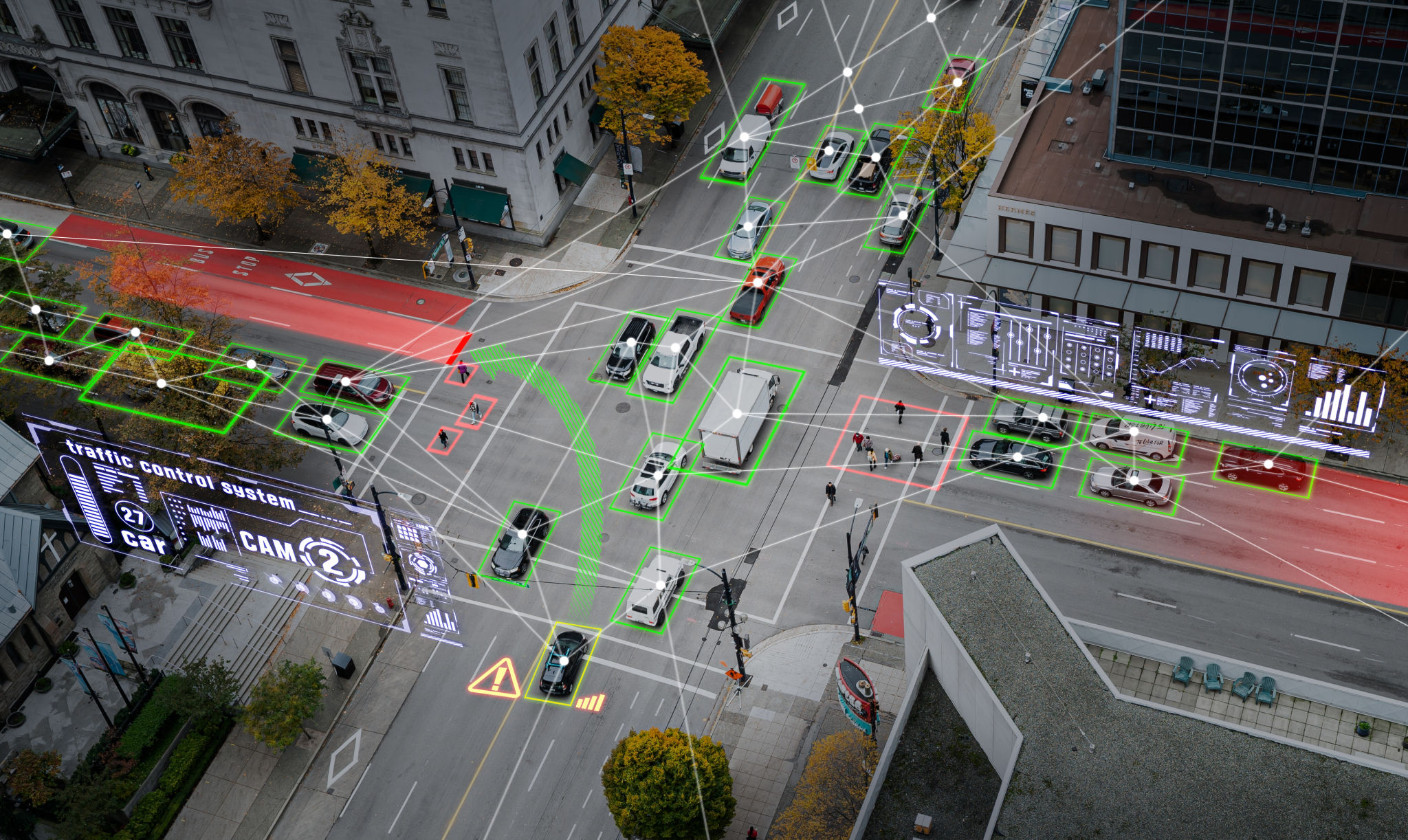Expert Insights: The Benefits of AI in Enhancing Local Urban Services
Understanding the Role of AI in Urban Development
As cities grow, the need for efficient and effective urban services becomes increasingly critical. Artificial Intelligence (AI) is at the forefront of this transformation, offering innovative solutions to enhance local urban services. From traffic management to waste collection, AI is reshaping how cities operate, making them smarter and more responsive to residents' needs.
Urban planners and local governments are leveraging AI to address challenges such as congestion, pollution, and resource management. By integrating AI technologies into urban infrastructure, cities can optimize their operations and improve the quality of life for their inhabitants.

Improving Public Transportation Systems
One of the most significant impacts of AI in urban services is its role in enhancing public transportation. AI-powered data analytics help optimize routes, reduce wait times, and improve overall efficiency. By analyzing traffic patterns and commuter behavior, AI can predict peak times and adjust services accordingly.
Moreover, AI technologies enable real-time monitoring of public transport systems, allowing for quick responses to disruptions or delays. This ensures a smoother experience for commuters and reduces the stress associated with daily travel.

Enhancing Waste Management
Efficient waste management is a cornerstone of sustainable urban living. AI offers innovative solutions to streamline waste collection and processing. By using sensors and machine learning algorithms, AI systems can predict waste generation patterns and optimize collection routes.
This not only reduces operational costs but also minimizes environmental impact. Smart bins equipped with AI technology can notify waste collectors when they are full, ensuring timely disposal and reducing overflow issues.

Boosting Public Safety and Security
AI-driven technologies are transforming public safety measures in urban areas. Surveillance systems equipped with AI can detect unusual activities and alert authorities in real time. This proactive approach helps in preventing crimes and ensuring the safety of residents.
Furthermore, AI can assist in emergency response by providing crucial data analysis during critical situations. By predicting potential risks and suggesting preventive measures, AI enhances the overall security framework of urban areas.
Streamlining Energy Consumption
Energy efficiency is a key component of sustainable urban development. AI plays a vital role in optimizing energy consumption across cities. Smart grids, powered by AI, manage electricity distribution efficiently, reducing waste and lowering costs.
Additionally, AI can analyze energy usage patterns in real-time, allowing for adjustments that minimize consumption during peak hours. This not only benefits the environment but also reduces expenses for both municipalities and residents.

The Future of AI in Urban Services
The integration of AI into local urban services is just beginning. As technology continues to evolve, we can expect even more sophisticated applications that further enhance urban living. From automated infrastructure maintenance to personalized city experiences, the possibilities are endless.
By embracing AI innovations, cities can not only meet the current demands of urban life but also anticipate future challenges. This proactive approach ensures that urban environments remain vibrant, efficient, and sustainable for generations to come.
